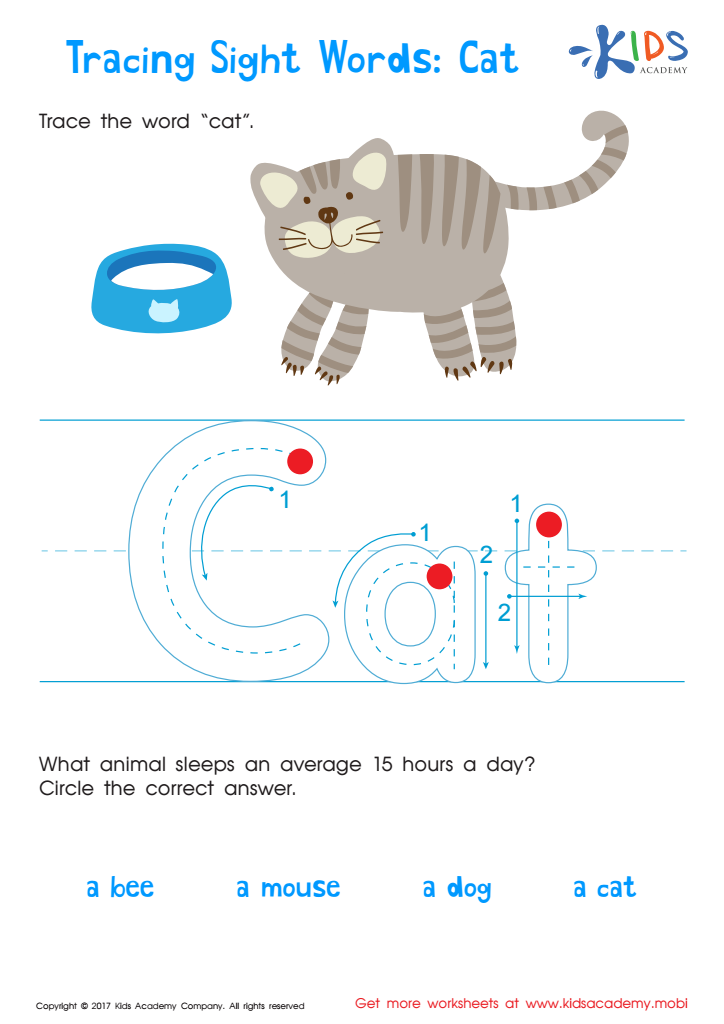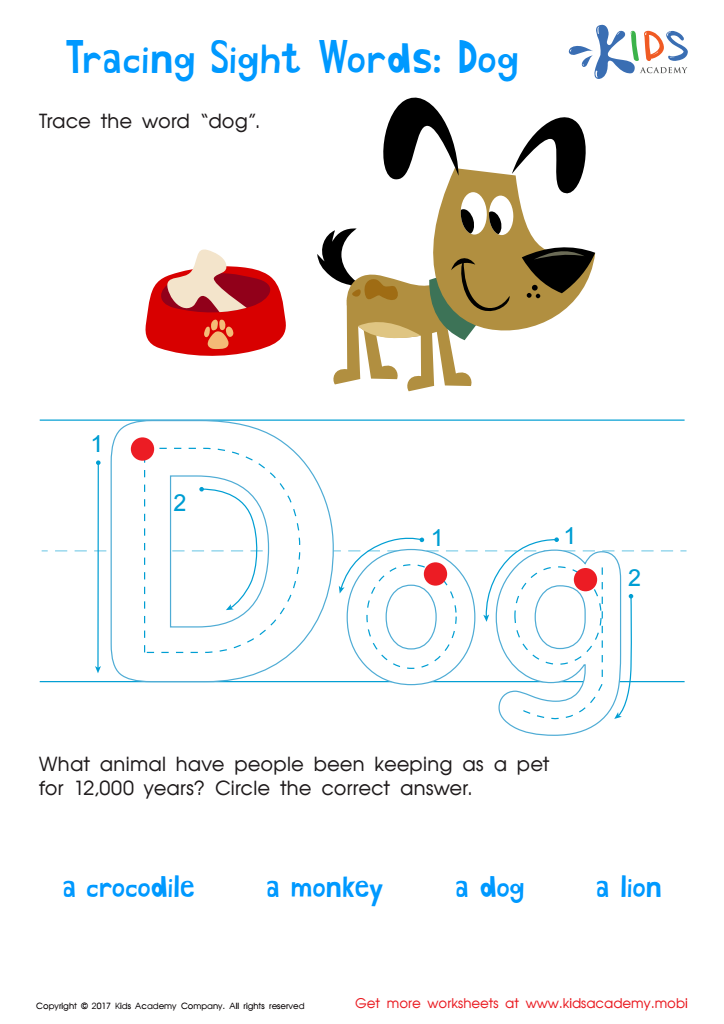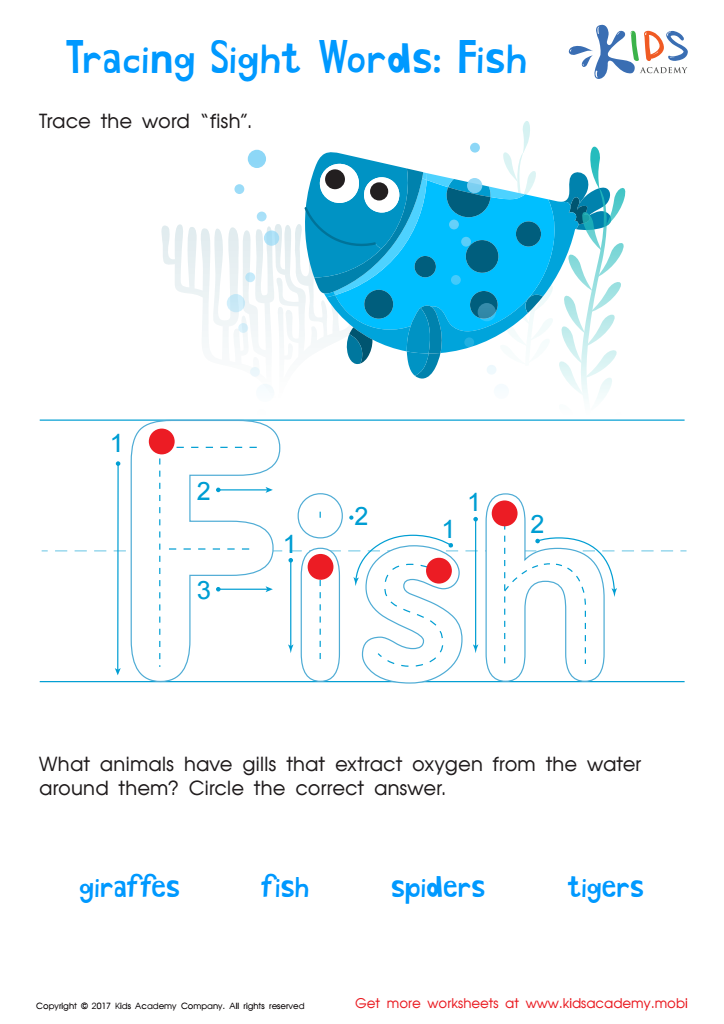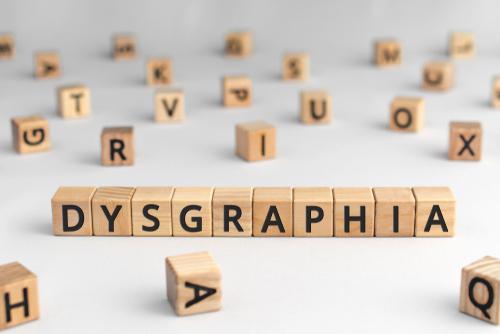Sight word recognition Normal Tracing Words Worksheets for 5-Year-Olds
3 filtered results
-
From - To
Enhance your 5-year-old's reading skills with our engaging Sight Word Recognition Normal Tracing Words Worksheets! Tailored for young learners, these worksheets combine fun and education as children trace foundational sight words essential for early literacy. By practicing tracing, kids improve their writing skills while becoming familiar with frequently used words in reading. This interactive approach encourages confidence and fluency in recognizing sight words. With vibrant designs and age-appropriate exercises, your child will enjoy learning while building a strong literacy foundation. Explore our collection of worksheets and watch your young reader blossom into a confident wordmaster! Download now for endless learning fun!


Cat Printable Sight Words Worksheet


Dog Worksheet Sight Words Worksheet
Sight word recognition and normal tracing activities are crucial for 5-year-olds as they lay the foundational skills for literacy. Sight words are common words that children are expected to recognize instantly without needing to sound them out, such as "the," "is," and "to." Mastering these words enhances reading fluency, allowing young learners to focus on comprehension rather than decoding words.
Tracking and tracing words help improve fine motor skills, crucial for writing. As children engage in these activities, they develop muscle memory associated with letter formation, fostering confidence in their writing abilities. This combination of recognizing and writing sight words boosts reading and writing skills, making the transition to more complex texts smoother.
Moreover, understanding that these foundational skills contribute to a child’s overall academic success is essential. Increased engagement with reading helps instill a love for literature from an early age, encouraging lifelong learning. For parents and teachers, awareness of this crucial phase can guide effective support strategies, providing activities at home and in the classroom that reinforce these skills. Ultimately, focusing on sight word recognition and normal tracing in early education can lead to stronger readers and writers, setting the stage for future academic achievements.
 Assign to My Students
Assign to My Students















